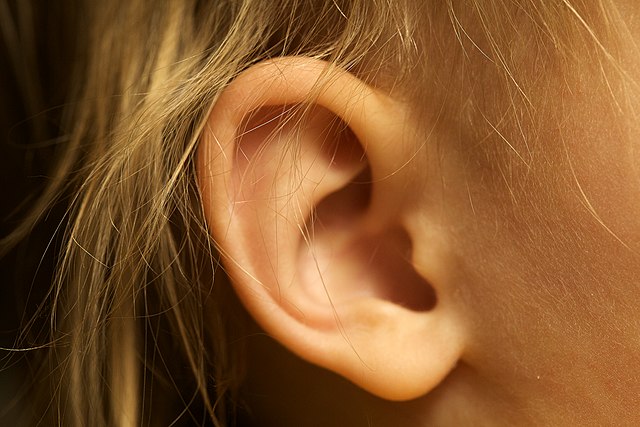PR writes: “About ten years ago, my daughter who had some signs of autism was referred for Tomatis Therapy by her Speech Therapist. We had her in this type of therapy, as well as auditory integration therapy for several months. The therapy did terrible things to her brain, and we eventually stopped. (Ialso did some kind of sound therapy, which I realize now I should not have done). Is this a type of New Age practice? I am so thankful to EWTN and your program. I have always tried to be a faithful Catholic, but It is almost impossible without the proper resources. This is not information we typically get from our parish priests. Thank you for any information you can give me on this.”
From what I can see, Tomatis Therapy has nothing to do with the New Age – it’s just another one of the many techniques in use today in the field of psychology that are long on testimonials but very short on scientific support.
The Tomatis® Method was invented in the 1950’s by a French ear, nose and throat doctor named Alfred A. Tomatis and is based on the theory that people suffering from auditory processing problems, dyslexia, attention deficit disorder, autism and learning disorders can improve their communication and social behavior by auditory stimulation, which he claims can eliminate or reduce the severity of these disorders. It’s based on the theory that the symptoms of these disorders aren’t caused by the disorder itself, but by a sensory regulation problem that begins in our most primordial sensory instrument – the inner ear. He claims that attention, focus, learning and language abilities can all be improved by retraining the ear to listen using high frequency sounds.
As this site explains. “The Tomatis® Method operates through a single handheld device called TalksUp®. It has been specifically designed to treat music and the voice based on specific parameters. This tool has many features including “Electronic Gating®”. The switch is a unique non-invasive procedure that allows sound contrasts with the sudden transition from low frequency to high frequencies. This back and forth between low and high frequencies causes a major effort of adjustment from the ear and creates a stimulation of the brain.”
A story found among the research on Dr. Tomatis finds that he visited a Benedictine monastery in France in the early 1960s following the second Vatican Council. The Council had decided to eliminate the traditional chanting for more contemporary music. The monks, who were accustomed to Gregorian chant, began to change after the introduction of the new music style. They became lethargic and were not eating and sleeping as well.
In 1967, Dr. Tomatis was invited back to the monastery and found that seventy of the ninety monks were lying listlessly in their cells.
“He found that as well as suffering from fatigue, the monks’ hearing was also impaired,” this article reports. “His treatment was a device called an Electronic Ear, which
was supposed to improve hearing. He also recommended the restoration of daily
chanting.Within nine months the monks had experienced an extraordinary recovery. Most
were able to return to the extended periods of prayer, limited sleep and demanding
physical work that had been part of their routine for centuries.”
The Internet is full of interesting stories such as this one, but these don’t mean the Tomatis method is plausible. There is little or no evidence that high frequency sounds charge the brain and the body. Most of the studies done thus far are either unscientific, such as the above story, or were done by centers that were trying to sell the program.
Randomized controlled trials of Tomatis and other auditory integration therapies involving adults or children with autism spectrum disorders were studied in 2011. Researchers concluded that “Tomatis therapy did not measure behavioral outcomes and did not find any difference in language development between intervention and control groups. As such, there is no evidence to support the use of auditory integration therapy or other sound therapies at this time.”
© All Rights Reserved, Living His Life Abundantly®/Women of Grace® http://www.womenofgrace.com










